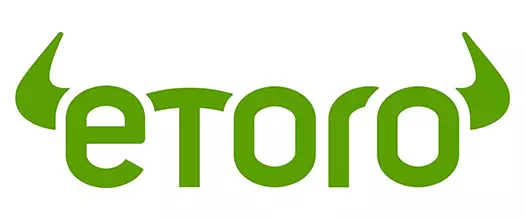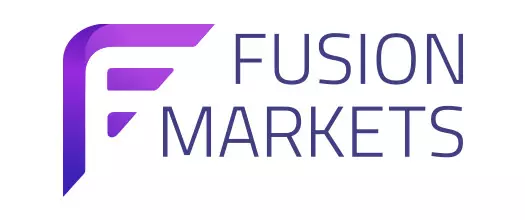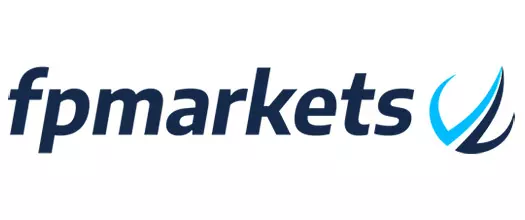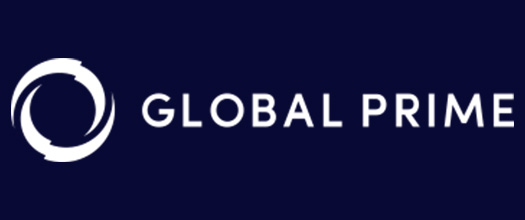Our team of expert traders has tested several regulated and trustworthy forex brokers and compiled a top list of the best brokers for trading USD/CAD. Each broker received a quality score based on several factors, including its Trustpilot rating, regulation, fees and commissions, available trading platforms, customer service, and more.
 Plus500 USThis content applies only to Plus500 US and clients from the United States. Trading futures involves the risk of loss.
Plus500 USThis content applies only to Plus500 US and clients from the United States. Trading futures involves the risk of loss. eToro61% of retail investor accounts lose money
eToro61% of retail investor accounts lose money Fusion Markets74-89% of retail's CFD accounts lose money
Fusion Markets74-89% of retail's CFD accounts lose money FP Markets73.85% of retail investor accounts lose money
FP Markets73.85% of retail investor accounts lose money Global Prime74-89% of retail CFD accounts lose money
Global Prime74-89% of retail CFD accounts lose money Pepperstone75.5% of retail investor accounts lose money
Pepperstone75.5% of retail investor accounts lose money
Our team has thoroughly evaluated all brokers listed below using TradingPedia’s exclusive methodology.
Curated list of the 10 best forex brokers for USD/CAD trading
The foreign exchange market has become increasingly accessible in recent years, thanks to the sheer variety of forex brokers that offer their services online. Differentiating between reputable companies and those that are in some way untrustworthy is crucial, which is why regulation plays an important role when choosing a website to trade on.
The way a broker treats its customers is also important, as are the types of platforms on offer, customer service, fees, and so on. This is a considerable amount of information to keep track of when you research potential options, so we offer our assistance by introducing you to the following ten brokers.
- Brand
- Trading platforms
- Minimum deposit
- Regulations
- Trading instruments
- Spreads
- Leverage for Forex CFDs
- Leverage for Crypto CFDs
- Leverage for Indices CFDs
- Deposit methods
- Withdrawal Methods
- Commission per Lot
- Contact details
USD/CAD is one of the so-called major currency pairs. It expresses the exchange rate relationship between the US dollar and the Canadian dollar, that is, how many Canadian dollars it takes to buy one US dollar.
The United States Federal Reserve and the Bank of Canada play a key role in how this pair is traded. Additionally, the Canadian dollar is known as a commodity currency because of the volume of natural resources the country exports. Knowing how to use this information will help you trade successfully. Beyond this, the broker a trader chooses also has a significant impact on results because of the differences in spreads and leverage across brokers.
How trading USD/CAD works
The foreign exchange market is the largest of its kind, with a trading volume measured in trillions. It is characterised by high liquidity and volatility. If you wish to trade USD/CAD, you can do so at any time of the day, as the forex market does not close on a daily basis.
Trading centres on knowing how many Canadian dollars are needed to purchase one US dollar and anticipating fluctuations in this value. Given its major status, virtually all brokers on the web allow you to trade this pair on their platforms.
A peculiar aspect of the CAD and, by extension, USD/CAD, is that it is strongly affected by global oil prices. As touched upon earlier, the Canadian dollar is a commodity currency. A large portion of Canada’s exports consists of oil, meaning that fluctuations in oil prices strongly affect the value of the CAD and the country’s economy in general. In other words, when oil prices increase, so does the value of the Canadian dollar, which impacts USD/CAD negatively. This is known as a commodity correlation.








